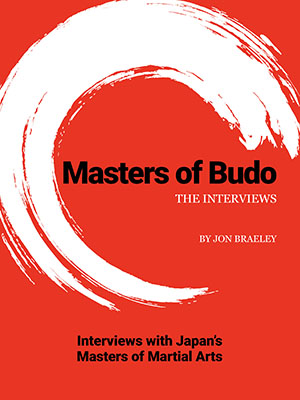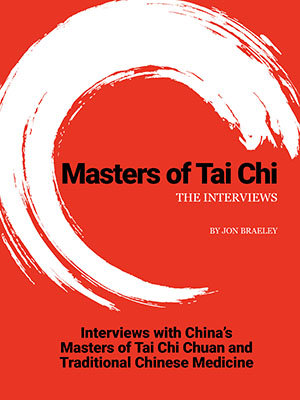If you have watched our Warriors of Budo series you may know that Alexander Bennett was our featured narrator. That was a determined effort on our part to hire him. He is almost certainly one of the most knowledgeable experts on the history and culture of Budo and especially Kendo and Naginata. Alexander Bennett serves on the International Committee of the All Japan Kendo Federation and is vice-president of the International Naginata Federation. He also finds the time to be the head coach of the New Zealand National Kendo team. We have not finished… he is co-founder and editor of Kendo-World Magazine and during the hours he has left is Professor at Kansai University in Osaka. We are not sure when he found time to write Kendo: Culture of the Sword, but we are certainly glad he did. I am just a few pages into the book but it is really hard to put down. This is the description on Amazon…

Kendo is the first in-depth historical, cultural, and political account in English of the Japanese martial art of swordsmanship, from its beginnings in military training and arcane medieval schools to its widespread practice as a global sport today. Alexander Bennett shows how kendo evolved through a recurring process of “inventing tradition,” which served the changing ideologies and needs of Japanese warriors and governments over the course of history. Kendo follows the development of Japanese swordsmanship from the aristocratic-aesthetic pretensions of medieval warriors in the Muromachi period, to the samurai elitism of the Edo regime, and then to the nostalgic patriotism of the Meiji state. Kendo was later influenced in the 1930s and 1940s by ultranationalist militarists and ultimately by the postwar government, which sought a gentler form of nationalism to rekindle appreciation of traditional culture among Japan’s youth and to garner international prestige as an instrument of “soft power.” Today kendo is becoming increasingly popular internationally. But even as new organizations and clubs form around the world, cultural exclusiveness continues to play a role in kendo’s ongoing evolution, as the sport remains closely linked to Japan’s sense of collective identity.
Click here to order the Book on Amazon. You can read Professor Bennett’s Kendo blog here Kendo-World.







